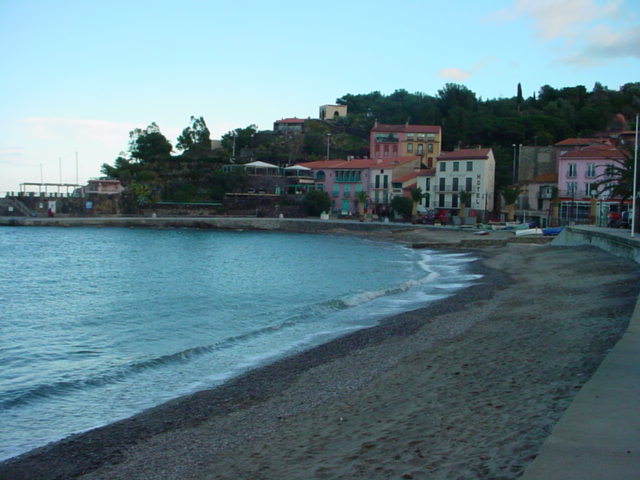No Turning Back For Red Cross Relief Cards
The American Red Cross is brushing aside reports of casino gambling, liquor purchases and luxury shopping sprees using its emergency debit cards. The Red Cross is not going back to the old system of supplying emergency relief via handouts of checks and store vouchers.Indeed, the relief group intends to make the use of prepaid debit cards the central way to get financial relief to people in times of disasters. However, private insurers, which are less likely to be providing emergency funds, are not necessarily going to follow suit.
Noting reports of Red Cross cards being used for what some considered nonessential purchases, Michael Brackney, manager of client services for the American Red Cross, says, “Occasionally, you hear about somebody who makes a bad decision.” The cards were distributed in the aftermath of Hurricanes Katrina and Rita last year.
Brackney told participants at the 2006 Prepaid Card Expo in Orlando, Fla., last week that the Red Cross intends to expand and make permanent the issuance of prepaid debit cards to disaster victims. Although placing restrictions on Red Cross debit card purchases is technically possible, Brackney vowed not to place such restrictions because the recipients, and not the Red Cross, should be making decisions about what they need. “Those make the news,” Brackney says of some criticized purchases. “But this is about the dignity of the victim. Doing something normal makes you feel normal.”
Brackney notes that such uses of emergency cards as liquor purchases have likely been made in the past using Red Cross checks. But purchases made using cashed checks are not traceable, as are electronic purchases using a debit card, he notes.
The Red Cross distributed 600,000 prepaid cards, issued by its contractor, JP Morgan Chase & Co., after Katrina and Rita. The cards were distributed in 47 states to evacuees who lost their homes.The Red Cross placed a total of $1.6 billion in assistance on the cards, each of which were worth from $360 to $1,565...
.........
We could compare this to the way foreigners want to send their blankets and old t-shirts to tsunami victims. No, that is not efficient, but neither is sending money with no one to control its use at the victim end. We need to realize that disasters can happen in the United States too, and that the same kinds of controls that we think are so necessary in the developing world are also needed in our own. This is due to psychology but also to the fact that there are areas of the United States that more closely resemble developing countries that any corresponding developed country with our level of per capita GDP.

No comments:
Post a Comment